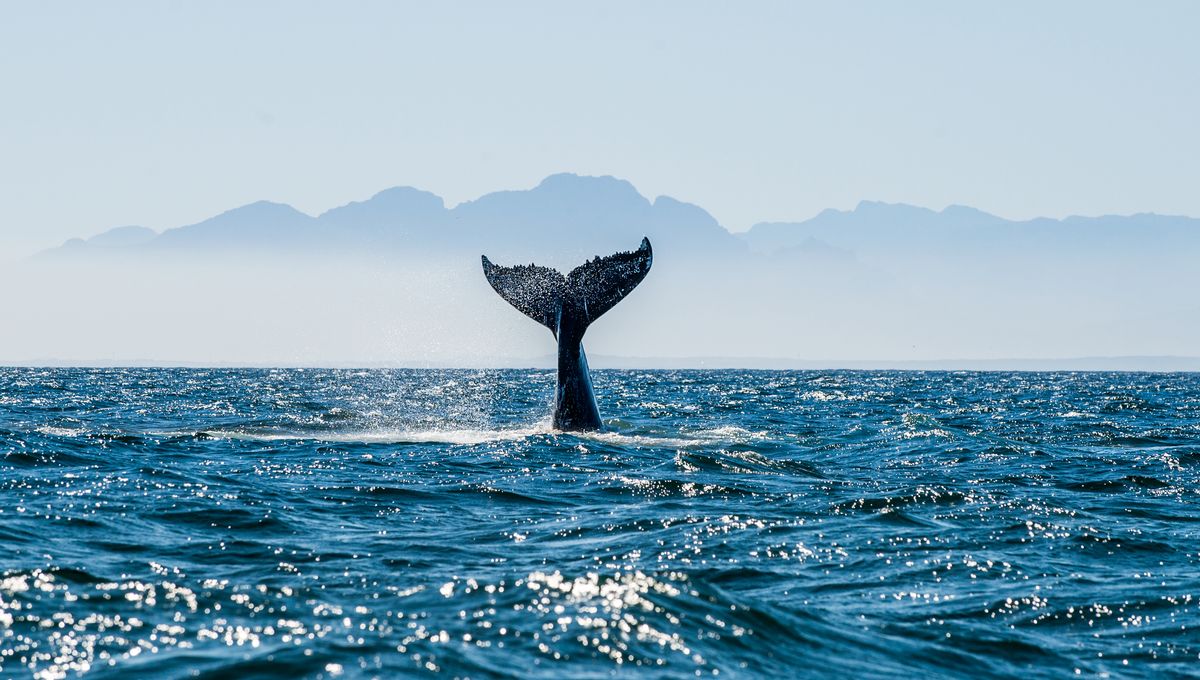
Indigenous leaders from across the Pacific have officially ratified the He Whakaputanga Moana (Declaration for the Ocean), a document that calls for whales to have legal personhood and all the rights that come with it.
“The sound of our ancestor’s song has grown weaker, and her habitat is under threat, which is why we must act now,” said Kīngi Tūheitia Pōtatau Te Wherowhero VII, the King of New Zealand’s Indigenous Māori people, in a statement about the declaration seen by AFP.
The He Whakaputanga Moana aims to act by taking a step up from previous conservation attempts by giving whales the same rights as people. There’s an existing precedent for this, particularly in New Zealand, where that status has already been given to the Whanganui River; it has the same rights as a human, which means that if the river is harmed, legally, that’s the same as harming a human. The same goes for a Spanish lagoon that’s been granted personhood, which (or who maybe?) can even sue polluters.
Legal personhood for whales could be the same (imagine a whale in a courtroom), also including “the right to freedom of movement, a healthy environment, and the ability to thrive alongside humanity,” wrote Mere Takoko for Atmos. Takoko is the vice president of Conservation International Aotearoa (New Zealand) and established its Hinemoana Halo Ocean Initiative, which aims to bring people together to create marine protected areas.
Alongside Kīngi Tūheitia, Indigenous leaders from the Cook Islands, Tonga, Tahiti, Hawai’i, and Rapanui all signed the He Whakaputanga Moana to support giving whales legal personhood, as well as the establishment of a Hinemoana Halo Ocean Protection Fund to provide the resources to achieve the declaration’s outlined goals.
The declaration is also focused on collaboration, and not just between the Indigenous leaders who ratified the document – though there’s a strong emphasis on ensuring the inclusion of Indigenous knowledge.
“To succeed, we need collaboration on a grand scale,” wrote Takoko. “With the support of Conservation International, Indigenous leaders, and coastal communities, we are extending our hand of friendship to scientists, policymakers, and all those who call the Pacific home. Every person can make an impact, too, regardless of occupation.”
Though recent years have seen increased conservation efforts, six out of the 13 great whale species are still currently classed as endangered, including North Atlantic right whales, humpbacks, and of course, the mighty blue whale. Boat strikes, entanglement in fishing nets, and an increasingly noisy and polluted ocean continue to threaten whales.
It’s hoped that by taking the “more holistic approach” outlined in the declarations, whale populations will be better protected.
“We can no longer turn a blind eye,” high chief of the Cook Islands, Travel Tou Ariki, said in a statement. “Whales play a vital role in the health of our entire ocean ecosystem. Their decline disrupts the delicate balance that sustains all life in Te Moana (the sea).”
“We must act with urgency to protect these magnificent creatures before it’s too late.”
If whales are granted legal personhood, they’d be joining the likes of animals including Pablo Escobar’s cocaine hippos and an elderly orangutan who was freed from captivity thanks to her new status. And who knows, we might even be seeing them at a polling booth sometime soon.
Source Link: Whales Must Be Granted Personhood, Say Pacific Indigenous Leaders